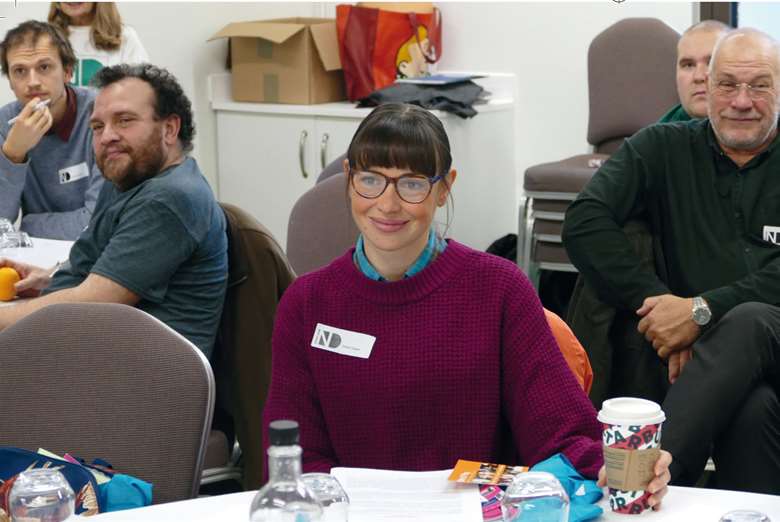Teachers first
Chris Holman
Sunday, March 1, 2020
Chris Holman reports on research undertaken by National Drama

ALISTAIR LARK
Drama as a subject under attack is a narrative that we have all become too used to. The view of the sole drama teacher, toiling away, is one we hear of all too often as well. Many drama teachers complain of isolation as they struggle to balance the usual teaching, planning and marking workload, with running school productions, leading theatre trips and extracurricular clubs. On top of this, drama teachers are led to believe by some senior leaders that this is an unchangeable reality, and because they are isolated, they believe it, and do not realise they can ask for more. However, we may be at a crossroads. We might continue to view the prospects of drama teachers negatively, or we might choose to look for opportunities.
At the moment, the two biggest weapons in a drama teacher's arsenal are social media, and the new Ofsted framework, with its new focus on cultural capital, and evidencing a broad and balanced curriculum. By utilising digital technology, drama teachers can connect. By using Ofsted's new focus to highlight the benefits of drama for student experiences, drama teachers can raise their profiles.
Understanding the reality
National Drama has begun a national research project to better understand the experiences of drama teachers, and the positions they currently find themselves in. As an organisation, they have always lobbied tirelessly for all children and young people to have access to high quality drama teaching in school time, as a statutory entitlement. They promote high quality and sustained partnerships between schools, theatres and other arts organisations and providers, as important contributors to overall drama provision.
National Drama is the UK's leading subject association for drama teachers and theatre educators. They are looking for new ways to assess and report on the national picture from the point of view of teachers.
When the consultation period for the new Ofsted framework began, they took the decision to inform themselves of the situation across the country. They wanted to know what drama teachers had experienced, and what they believed to be the wider issues affecting their practice. It was hoped that this information would help them to continue to campaign for young people to have access to high quality drama teaching in school time, as a statutory entitlement.
A pre-pilot study was conducted with the membership of National Drama, in the form of an online questionnaire. The three broad areas we were interested in examining were:
- Teacher identity (demographic data, including teaching experience and specialism)
- School context (general school demographics, and department-specific details such as size, and curriculum choices)
- Teacher perceptions (including biggest challenges faced, and preferred solutions)
The purpose of this pre-pilot is to test the questionnaire as a tool for a later longitudinal study. It was found that:
‘There is a lack of CPD or subject-specific training’
- Class sizes are growing, and this affects the capacity of teachers to deliver personalised learning opportunities
- Drama departments are getting smaller, or are being absorbed by larger departments, with many teachers being forced to teach a second or third subject, thus impeding their opportunity to focus on drama delivery
- Pressures of the EBacc have removed drama as an option for many students, thus weakening its position in schools, among parents and senior leaders
- There is a lack of CPD or subject-specific training as a result of drama's diminished status in schools, in comparison to core subjects.
These findings served the dual purpose of refining the research tool for the different voices that make up the National Drama forum and initiating the dialogue around the situation on the ground for educators.
Implementing change
The Drama Manifesto calls for ‘every child and young person to have an entitlement to drama and theatre throughout their education.’ Drama teachers have always called for this. This is why it is now time for there to be an informed conversation about drama's place in a developing educational landscape. With senior leaders concerned by how historically narrowed curriculums may negatively play out in future inspections, there is an opportunity for drama teachers to take back control of the dialogue. However, it would be counterproductive for teachers to complain without a fully informed understanding of the challenges faced across the country, and what others are doing to address those challenges. Therefore, the more informed drama teachers are about the national picture, the more able they will be to fight for their rightful place at the table.

